Explore the characteristics of natural resources and what makes them useful in products and materials with this worksheet.
How Do We Use Natural Resources?
What are natural resources? Natural resources are materials that come from nature and are used by people. Some may be renewable, while others are nonrenewable. When your students learn about these materials in class, they may wonder how they are used in their everyday lives. Some natural resources are used for energy, while others are used to make different products. This worksheet will allow students to explore the usefulness of natural resources.
With this science worksheet, students will explore natural resources and how they are used to make products and materials that we use every day. Additionally, students will describe different ways we can conserve natural resources with this 8-question worksheet.
An answer key is included with your download to make grading fast and easy!
Tips for Differentiation + Scaffolding
In addition to independent student work time, use this worksheet as an activity for:
- Guided science groups
- Lesson warm-up
- Lesson wrap-up
- Fast finishers
- Homework assignment
- Whole-class review (via smartboard)
If there are students who need a bit of a challenge, encourage students to make a poster or infographic showing different ways we use natural resources.
For students who may need additional support, invite them to complete the activities in a small group or in a 1-on-1 setting. Additionally, invite students to reference previous lessons, assignments, and anchor charts.
🖨️ Easily Download & Print
Use the dropdown icon on the Download button to choose between the PDF or editable Google Slides version of this resource.
Because this resource includes an answer sheet, we recommend you print one copy of the entire file. Then, make photocopies of the blank worksheet for students to complete.
To save paper, we suggest printing this 2-page worksheet double-sided.
Turn this teaching resource into a sustainable activity by printing on cardstock and slipping it into a dry-erase sleeve. Students can record their answers with a whiteboard marker, then erase and reuse them.
Additionally, project the worksheet onto a screen and work through it as a class by having students record their answers in their notebooks.
Get more worksheets to have handy!
This resource was created by Melissa McLaren, a teacher in Massachusetts and Teach Starter Collaborator.
Don’t stop there! We’ve got more activities to shorten your lesson planning time:
[resource:4822885] [resource:1683758] [resource:2668106]
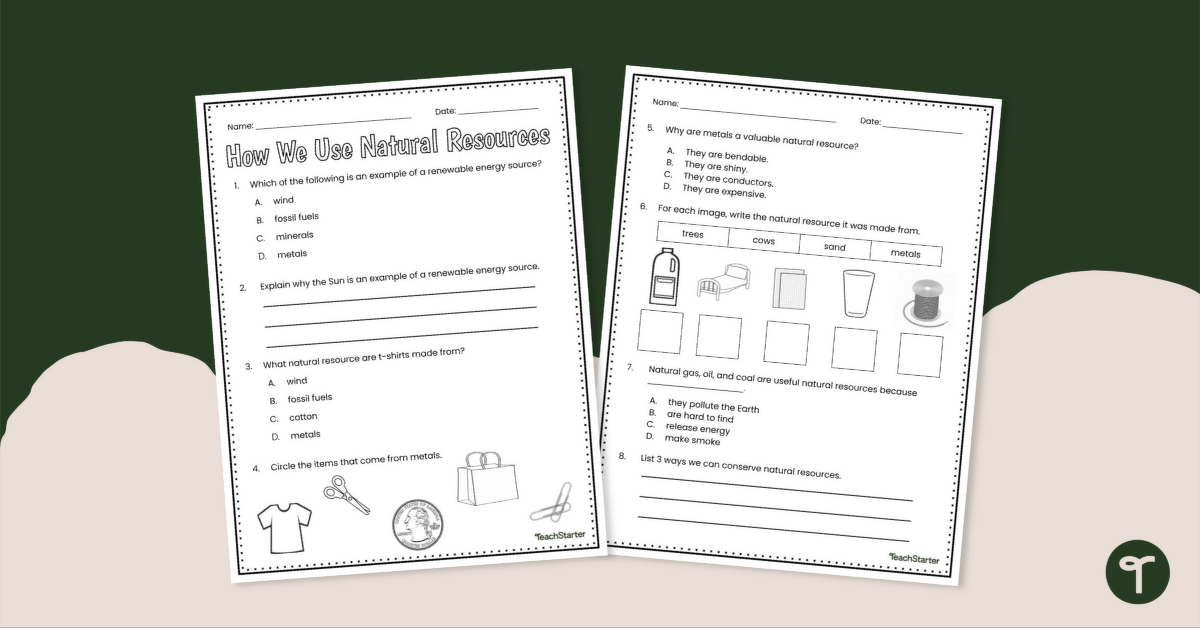

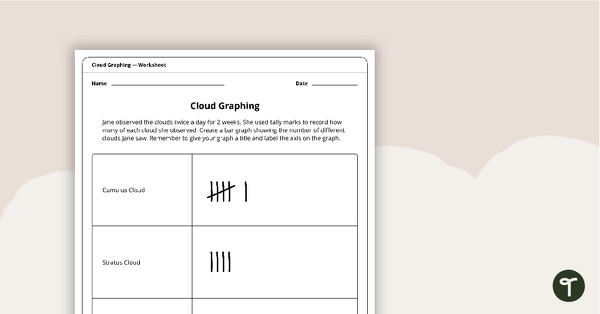
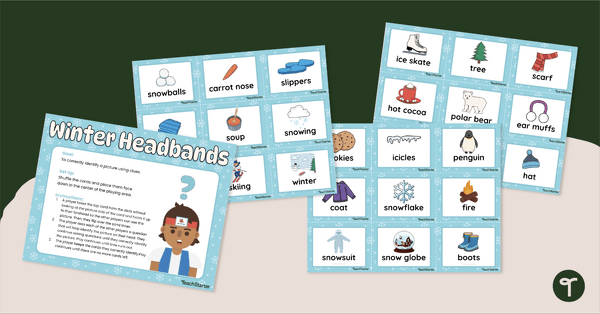
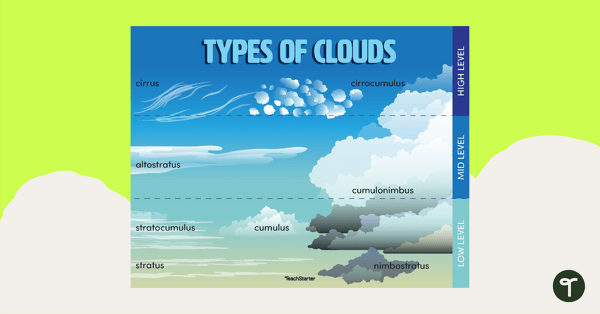
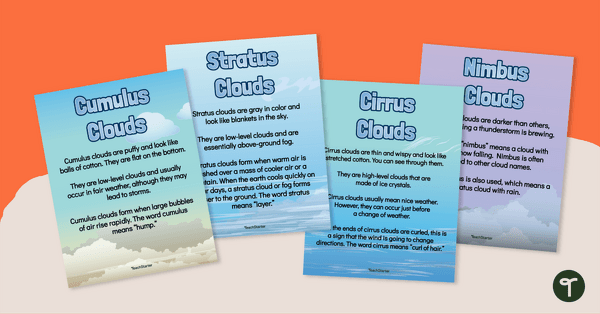
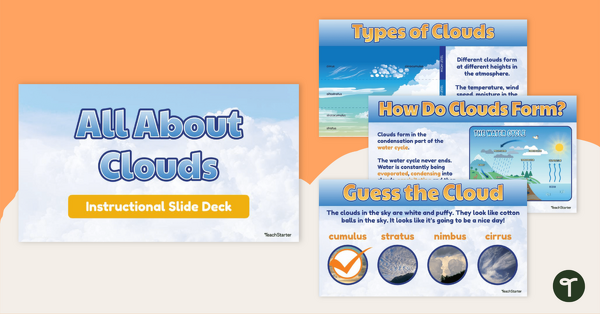
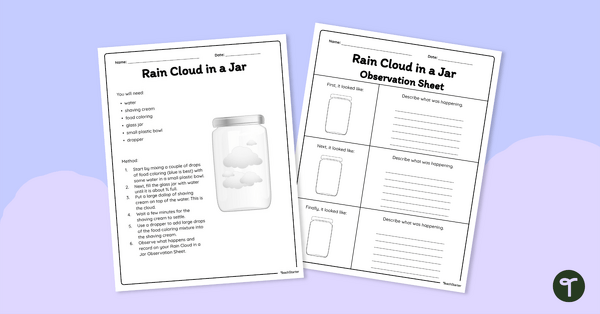
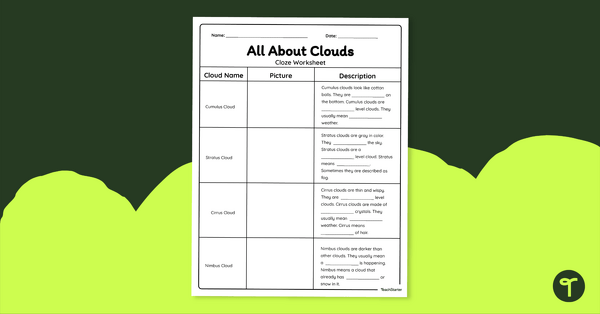
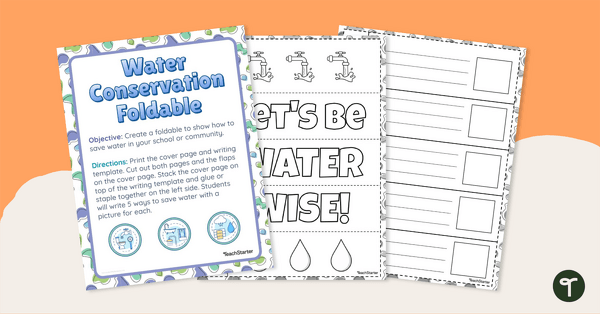
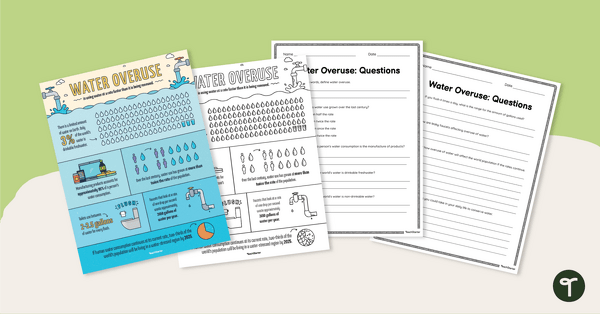
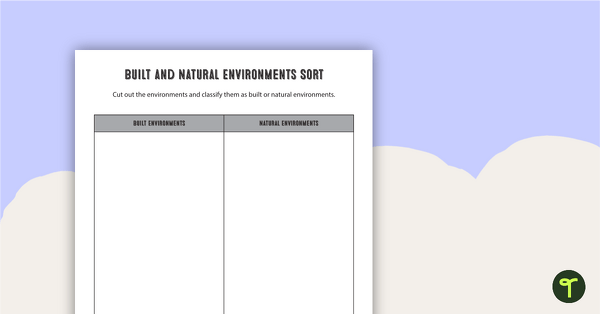
0 Comments
Write a review to help other teachers and parents like yourself. If you'd like to request a change to this resource, or report an error, select the corresponding tab above.